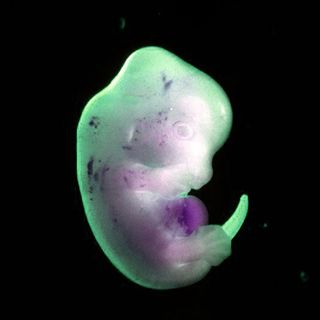On Monday afternoon, smoke from several wildfires in the Amazon caused a mid-day blackout in Brazil’s largest city nearly 2,700 kilometers away. The smoke, according to images released by America’s National Oceanic and Atmospheric Administration (NOAA) can also be seen from space.
According to local media, São Paulo was shrouded in sudden darkness and smoke for almost an hour, with residents taking to Twitter to share images that looked “apocalyptic” with the viral #PrayForAmazonia. “It was as if day had turned into night,” Sao Paulo resident Gianvitor Dias told the BBC.
According to Josélia Pegorim, a meteorologist who spoke to local media outlet Globo, the smoke was originating from fires that have been going on for several days in Rondônia and Bolivia; a change in the direction of the winds transported the smoke to São Paulo.
It’s been a bad year for the Amazon, which is the largest rain forest in the world, a vital carbon store that slows down global warming, and an area that almost never burns on its own thanks to its natural moisture and humidity. Reuters reported that there have been a record number of fires this year in the Amazon, according to new data released by the National Institute for Space Research (INPE), based in Brazil.Satellite data collected by the organization detected more than 72,000 fires since January 2019, an 83% increase over the same period of 2018. This is also the highest number of fires since records began in 2013. Since last Thursday alone, the INPE observed more than 9,500 forest fires.
While wildfires do occur in Brazil’s drier months, they are also purposely started to illegally deforest the land. Speaking to the BBC, Ricardo Mello, head of the World Wide Fund for Nature (WWF) Amazon Program, said the fires were “a consequence of the increase in deforestation.” The INPE recently released data which showed that 370 square miles of Amazon forest were lost in June — an 88% increase from the same month last year. NASA further said in a press release that regional deforestation has been linked to increased “intensity and frequency of droughts and anthropogenic climate change.”
Related on The Swaddle:
Air Pollution Affects Happiness — But We Don’t Really Understand How
Amazonas, the largest state in Brazil, has declared a state of emergency over the fires, EuroNews reported.
Fire, in general, seems to be the theme of climate change this year: In July-August alone, more than 21,000 square miles of the forest have caught fire in Siberia, making it Russia’s worst year on record for wildfires. Just within the last week, wildfires have occurred in the Canary Islands, Alaska, and Greenland, amid record heat. California, which saw violently destructive wildfires last year, is still not off-the-hook, with meteorologists saying its worst wildfire could still erupt this year.




